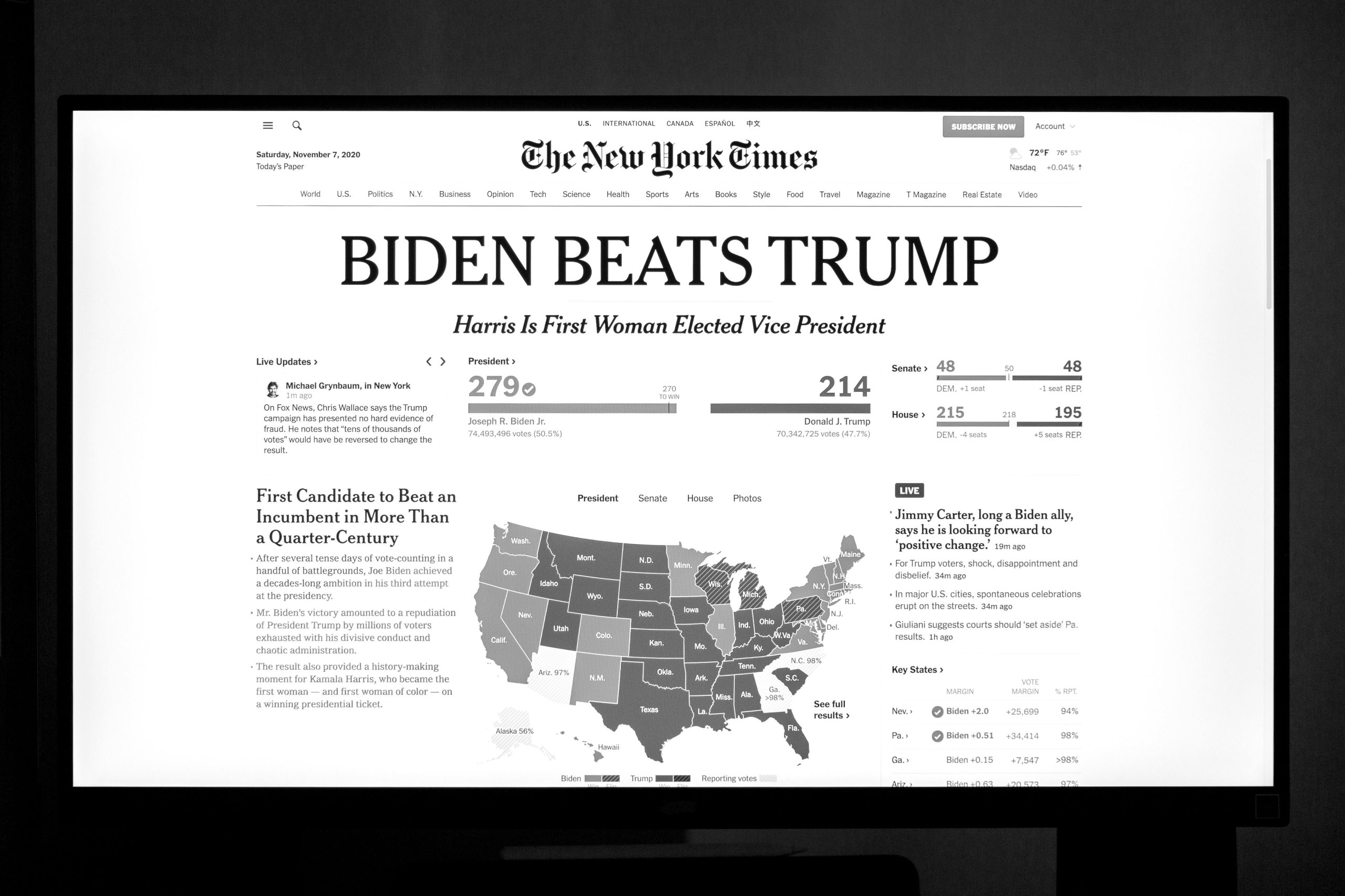Title: Unveiling Controversies: Are Aspects of Modern Medicine Misleading?
In today’s world, where health care plays a pivotal role in our daily lives, a growing chorus of voices is questioning the very foundation of modern medicine. Some experts and insiders assert that certain practices within the medical field may not align with the best interests of patient care. This raises significant discussions regarding the efficacy and integrity of contemporary medical practices.
The Critical Lens of Scrutiny
Over the past few decades, numerous researchers and medical professionals have voiced concerns about the pharmaceutical industry’s transparency, efficacy of treatments, and the influence of profit motives on medical decision-making. Critics often point to the high costs of medication, the prevalence of unnecessary procedures, and the widespread prescription of drugs that may only marginally improve health outcomes, if at all.
Many argue that the development and marketing of medications prioritize profit over patient well-being. In recent years, high-profile scandals and revelations regarding pharmaceutical companies manipulating research data have further fueled skepticism. For instance, studies have emerged highlighting how certain drugs, once deemed revolutionary, may lack the robust evidence needed to support their widespread use.
The Dichotomy of Evidence-Based Practices
While evidence-based medicine (EBM) aims to provide a solid foundation for clinical decision-making, the interpretation of data can often be subjective. A recent report by healthcare professionals emphasized that what may be promoted as “scientific evidence” can sometimes stem from biased research practices. In some cases, data can be cherry-picked, leading to conclusions that favor certain treatments while neglecting alternatives that may be more effective or safer.
This observation opens the door to discussions about the importance of holistic approaches in medicine. As patients become more informed and proactive about their health choices, there’s a demand for transparency and accountability from healthcare providers and pharmaceutical companies alike.
Emphasizing Empowerment Through Knowledge
As the landscape of medicine evolves, many advocate for a more integrative approach, where traditional methods coexist with alternative and complementary therapies. Patients are encouraged to explore all their options and engage in dialogue with their healthcare providers. This shift emphasizes collaboration in decision-making rather than a reliance on authority.
Moreover, with the advent of technology and information sharing, patients today have unprecedented access to health resources, allowing them to take charge of their own healthcare journeys. Understanding the nuances of treatments, questioning the motives behind prescriptions, and seeking second opinions are becoming common practices among those who seek to navigate the complex world of modern medicine.



